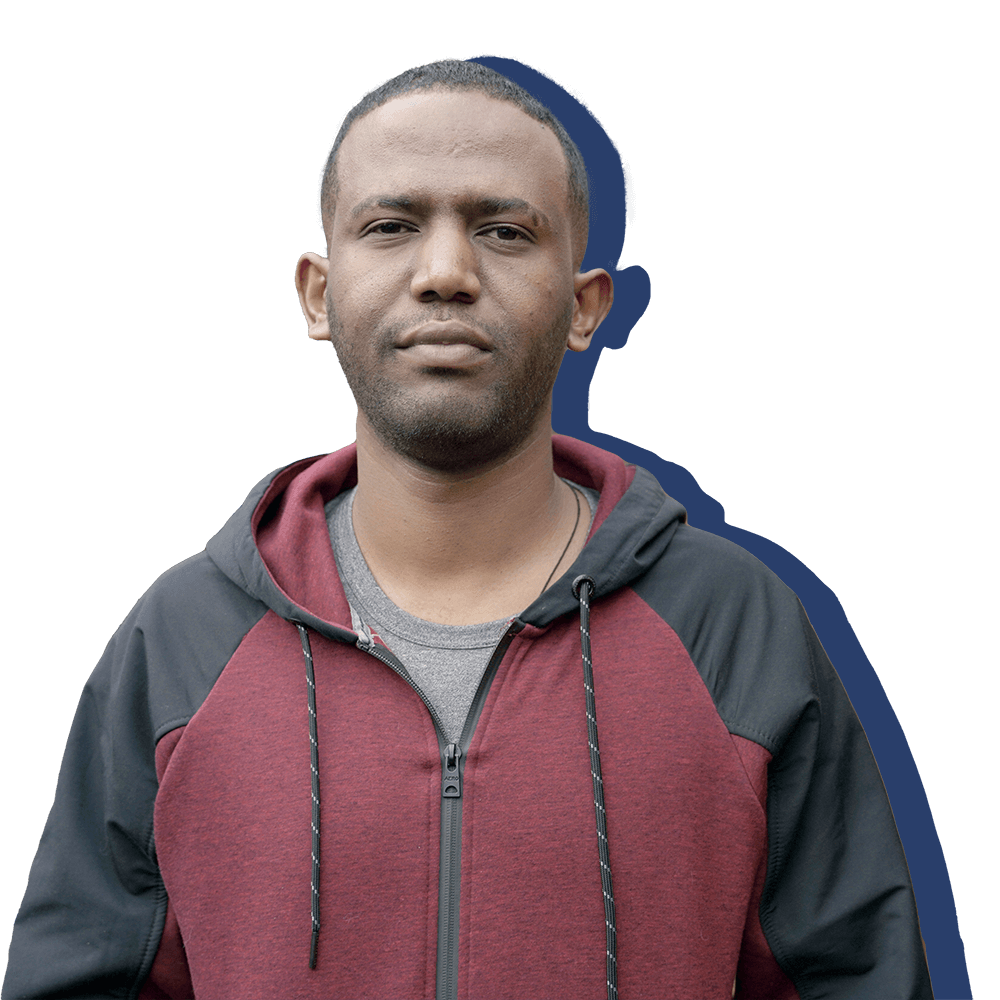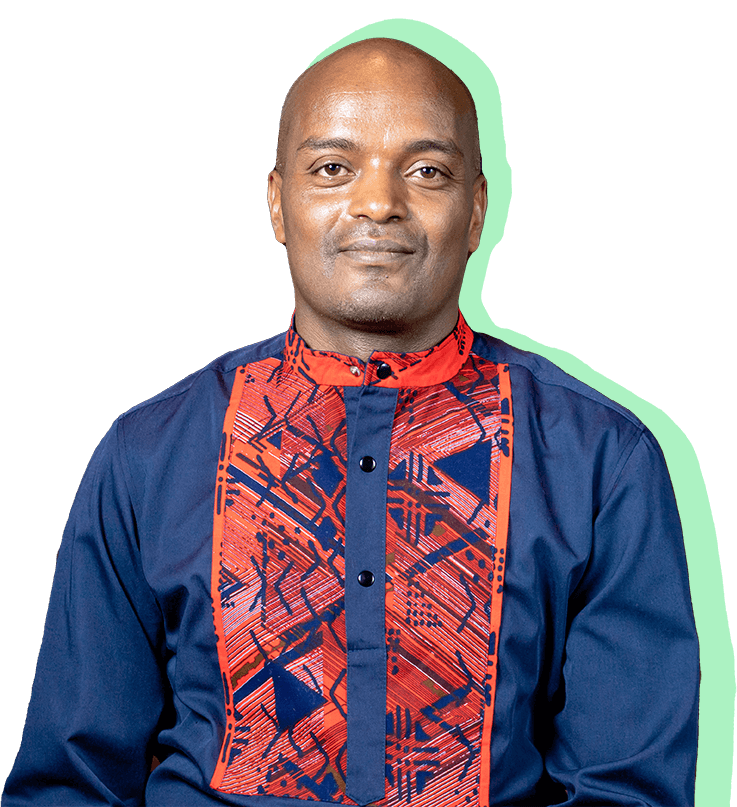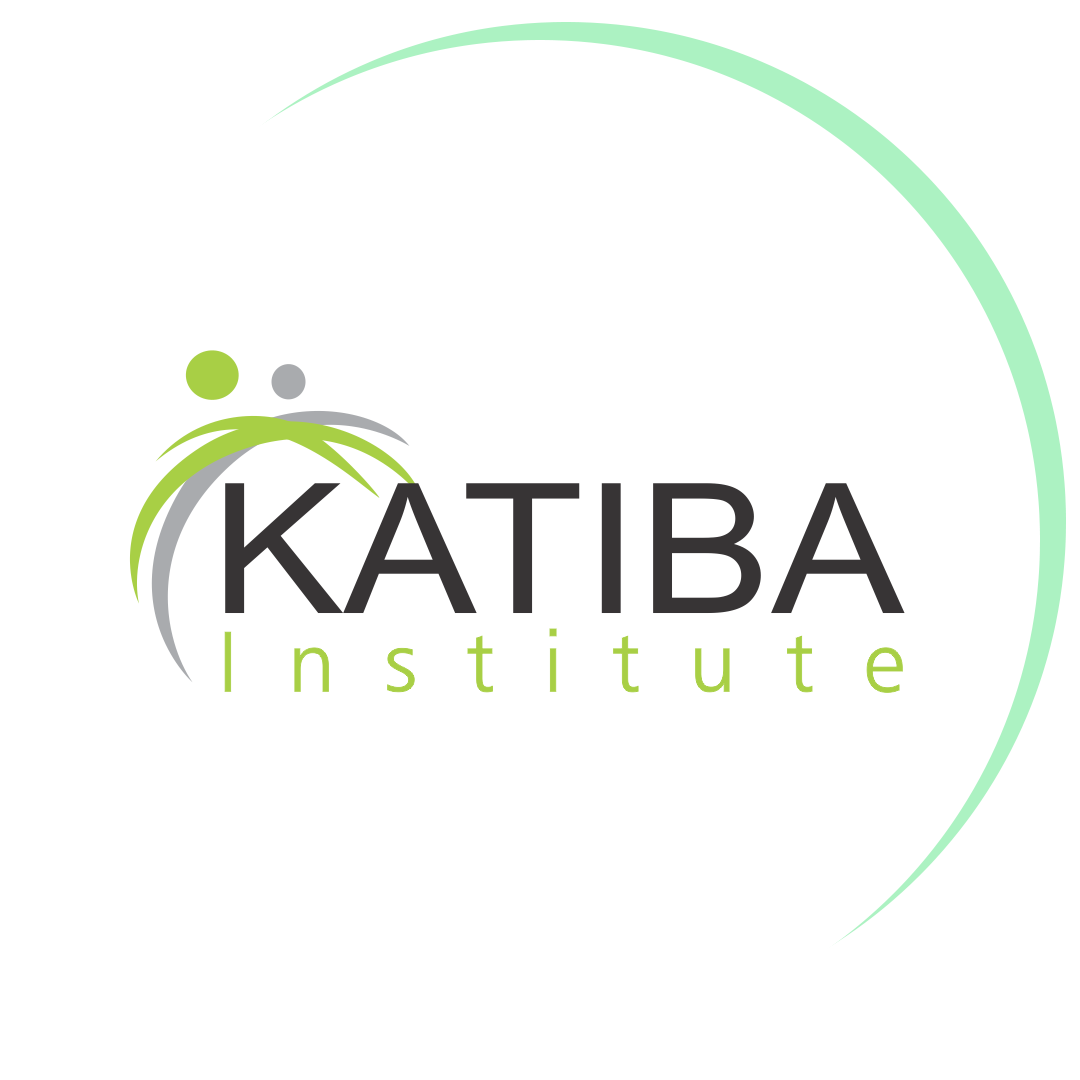Fisseha and Abrham are taking Facebook to court.
This is their story
Meet Abrham
Just over a year ago, Professor Meareg Amare Abrha, a respected chemistry professor in Ethiopia, was murdered outside his family home. How did these murderers know who Professor Amare was and how to find him? Facebook.
Weeks before the attack, two racist posts on Facebook had published his photo, his home location, and called for his murder.
The Professor’s tragedy, sadly, is one of thousands. Across the world, we’ve seen how Facebook’s design has fanned the flames of hatred and violence. We’ve seen it in Myanmar, Sri Lanka, India and even in the US, where viral incitement helped spur the January 6 Capitol riots.
But the violence Facebook has enabled in Ethiopia may be worst yet. The Ethiopian war is one of the deadliest in the world, and has claimed the lives of more than 500,000 people. Professor Amare was one of them.
Now his son, Abrham, is taking Facebook to court to get justice for his father's death.
Meet Fisseha
Fisseha Tekle is a human rights defender who, with Abrham, is also one of the petitioners taking Facebook to court.
Fisseha is a legal advisor at Amnesty International and was formerly the Ethiopia researcher. His independent reports into violence by all parties to the Ethiopian war made him a target for abuse on Facebook. His evidence details how Facebook’s moderation failures made Amnesty’s critical work of human rights reporting impossible – and risked others’ lives.
Meet the Katiba Institute
Katiba Institute is a Kenyan NGO formed in 2011 to promote knowledge and understanding of Kenya’s Constitution of 2010, and to defend and facilitate implementation of the Constitution. They are part of the case to set out the implications for Kenya of unchecked viral hate and violence running rampant from Facebook’s Nairobi hub. You can read more about the Katiba Institute here.


